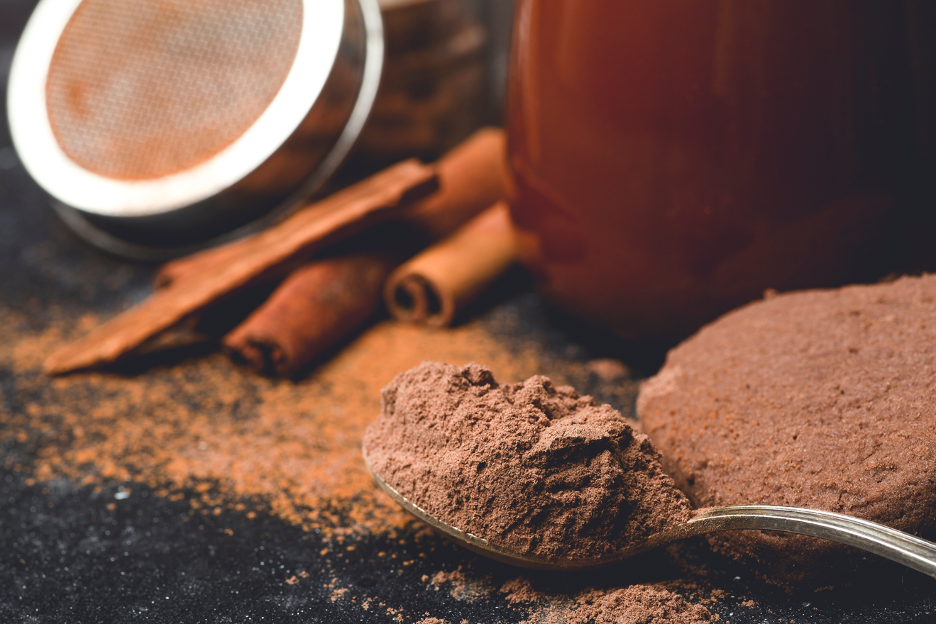Oh, How Sweet!
(This is a great time to be below average!)
It’s estimated that the average American consumes 17 teaspoons
of sugar every day and around 57 pounds of added sugar each year.
Dr. Axe
|

|
There are many types of sugars: glucose, sucrose, fructose, galactose, maltose. I’m sure there are more, but I am only going to focus on sucrose, commonly known as table sugar. Sucrose is commonly found in sugarcane, sugar beets, and various processed foods. Once consumed, sucrose is broken down into glucose and fructose by enzymes in the digestive system. Table sugar provides a quick source of energy. However, excessive intake of this can lead to spikes in blood sugar levels and contribute to weight gain and other health issues.
Weight gain and obesity are significant risk factors for several health conditions prevalent in older people. Carrying excess weight can strain the joints, exacerbating conditions like arthritis and reducing mobility. Obesity increases the risk heart disease and stroke, which are leading causes of death among older women. Much of the sugar in the American diet is found in processed and sweetened pre-made food and beverages. Sugar-laden diets also contribute to the development of fatty liver disease, a condition that can lead to serious complications such as liver cirrhosis and liver failure.
As women age, their bodies often become less efficient at processing sugar, leading to higher blood glucose levels. Consistently high sugar intake can strain the body's ability to regulate blood sugar levels, contributing to insulin resistance and ultimately diabetes.
In addition to physical health implications, sugar can also impact women's emotional and cognitive well-being. High sugar intake has been associated with cognitive decline and an increased risk of developing conditions like Alzheimer's disease. Fluctuations in blood sugar levels can lead to mood swings, fatigue, and decreased mental clarity, affecting overall quality of life. For older women, adopting a balanced diet low in added sugars is crucial for maintaining both physical health and cognitive function as they age.
|
Artificial sweeteners are widely used as substitutes for sugar due to their low-calorie content and intense sweetness. However, research suggests that their effects on health are complex and not entirely harmless. While artificial sweeteners like aspartame, saccharin, and sucralose are deemed safe for consumption by regulatory agencies when used in moderation, there are concerns about their long-term health implications. Some studies have linked artificial sweeteners to metabolic dysregulation, insulin resistance, and weight gain. Paradoxically, despite being calorie-free, artificial sweeteners may disrupt metabolic processes, leading to increased appetite and cravings for sweet foods, ultimately contributing to overeating and weight gain in some individuals.
Some alternatives to table sugar (in no particular order): Honey, dates, bananas, pure maple syrup, blackstrap molasses. Although these are considered healthier because they are not a refined sources of sweetness, they are not calorie free. They should be used sparingly.
|
|
 |

|
A 2019 study on the effect of [~1-2 teaspoons] cinnamon daily found that “cinnamon consumption was found to affect certain blood [glucose] parameters of individuals positively. Therefore, it is considered to be beneficial to raise awareness of individuals to be conscious to regularly consume cinnamon.” |
 |
Happy birthday to Donna and Malana! |
Cool Resource:
 |
My Fitness Pal is a great tool to track calories. It is easy to use and brings awareness to how much you are actually taking in. They have a huge database of foods to choose from that make it easy to make entries into your food log. Its definitely worth checking out.
"Studies show people who keep a food diary are more likely to hit their goals. MyFitnessPal simplifies nutrition and calorie tracking, provides the data you want, and helps you make sense of it all."
|
Upcoming events:
Our next group meeting will be February 22, 2024 at 6 pm MST. This is a great time to share successes and struggles with incorporating new lifestyle habits. Share what has worked for you and get new ideas from others. If you would like to join us, please email me at EncantadaEnergyWork@gmail.com for the link.
Blessings,
Deanna
*The information contained in this newsletter is for educational purposes only. Please consult you healthcare providers before making any changes in your diet or exercise plan. The reader is solely responsible for any and all healthcare decisions they choose to make in their life.